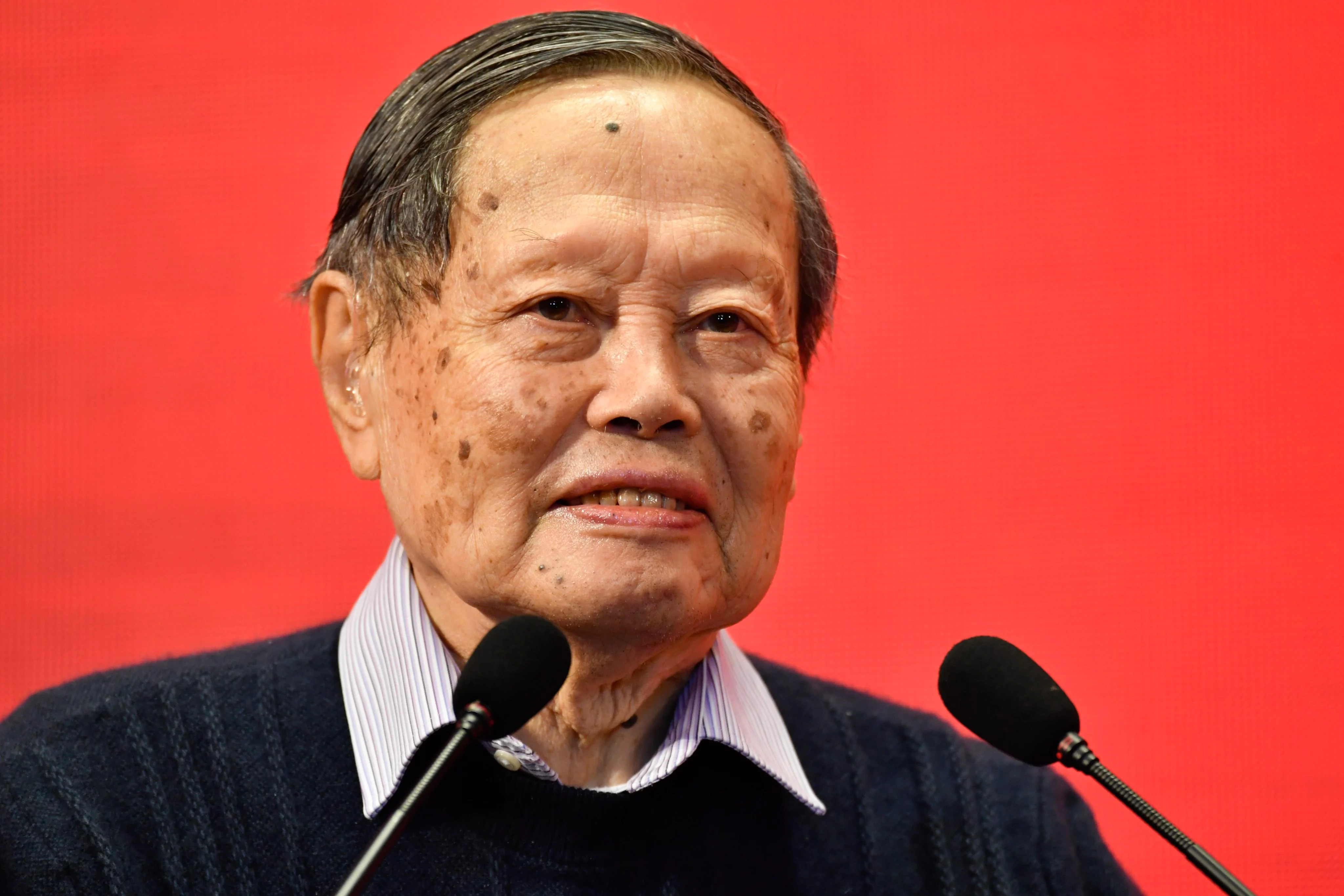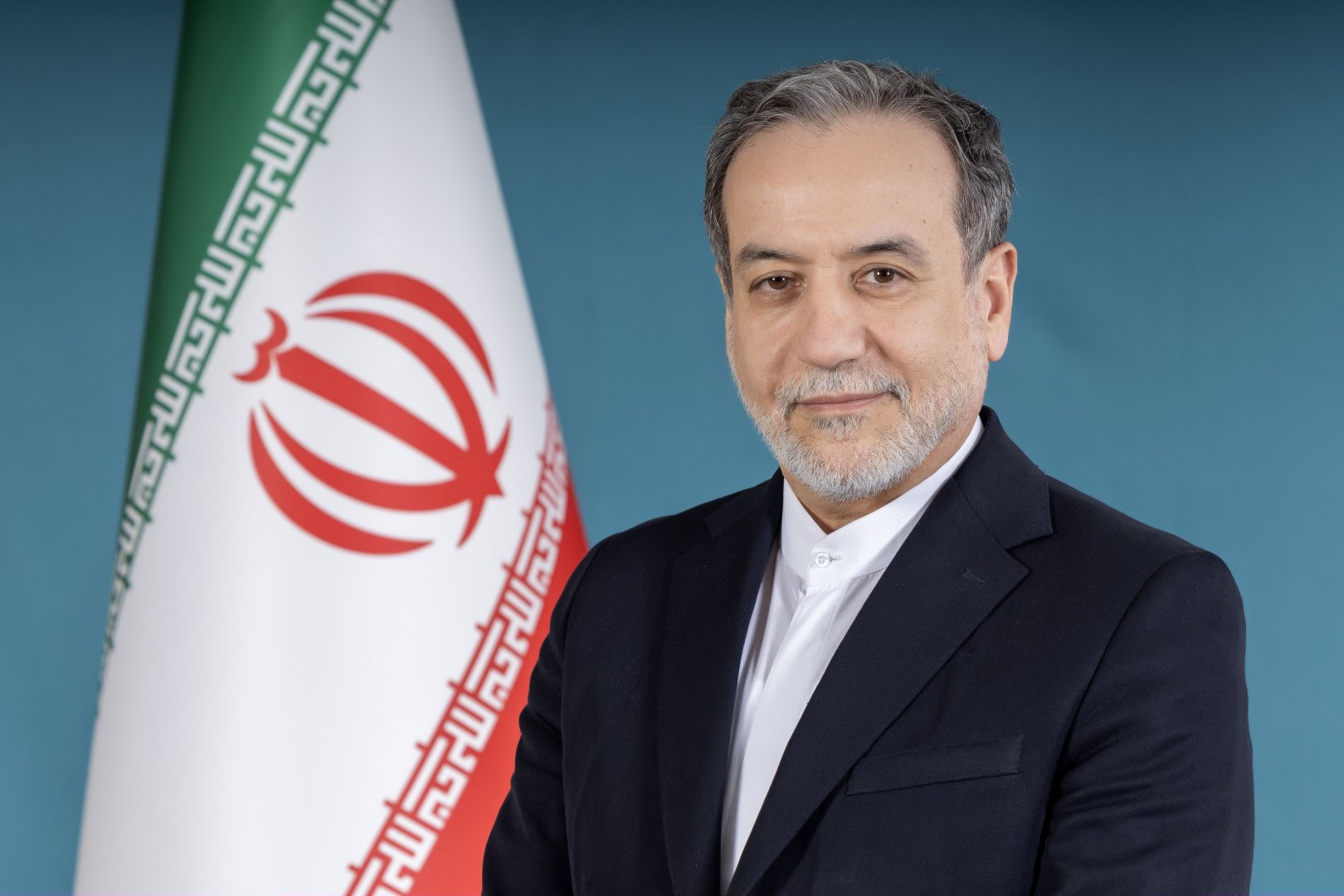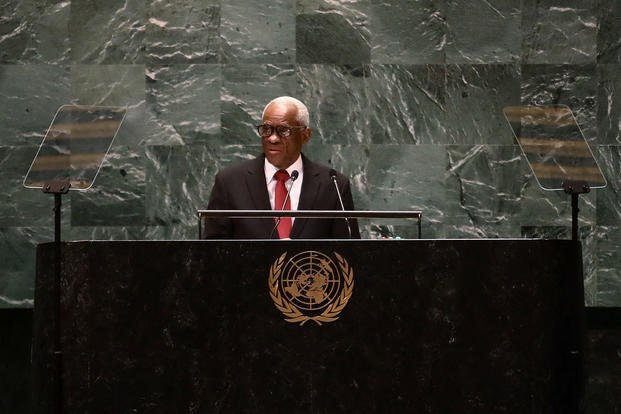Copyright scmp

Chinese President Xi Jinping sent a wreath to the funeral on Friday of Chen-ning Yang, a Nobel Prize-winning theoretical physicist who died in Beijing last Saturday at the age of 103. Cai Qi, the president’s chief of staff, was also among the Communist Party dignitaries to offer floral tributes for the ceremony at the Babaoshan Revolutionary Cemetery in western Beijing, where many of the country’s leaders are interred. The farewell ceremony began at around 9am, with the late professor draped in the national flag of the People’s Republic of China and surrounded by flowers and evergreens at the memorial hall, according to the official Xinhua agency. At the centre of the auditorium hung a large black banner inscribed with white Chinese characters in memory of Yang, while a portrait was displayed underneath, according to a Xinhua photo. Below the portrait, Yang was flanked by two rows of wreaths. The first in one row was from Xi, bearing the president’s name and accompanied by a tribute couplet that said: “Deeply mourning Mr Chen-ning Yang.” This was followed by a floral offering from Cai, who ranks fifth in the party hierarchy and is a member of the powerful Politburo Standing Committee and director of the party’s general office. Another photo published by Tsinghua University showed wreaths from other senior officials, including Shi Taifeng of the party’s human resources department as well as Yin Li and Chen Jining, the party chiefs of Beijing and Shanghai, respectively. Zhang Dejiang and Yu Zhengsheng, who were the third- and fourth-ranking members of the Politburo Standing Committee from 2012 to 2017, were also among those who offered floral tributes. There were also wreaths from various organs of the party’s Central Committee and various ministries of the Chinese government, according to the Tsinghua photo. “Party and state leaders, Professor Yang’s family and friends, the entire leadership of Tsinghua, faculty, students, alumni and guests from all walks of life came to pay their final respects,” the university said in a statement on Friday. Tsinghua, where Yang was both a student and a professor, did not elaborate on which leaders attended in person. Yang has been described as one of the greatest physicists of the 20th century. In 1954, he co-authored a set of equations with American physicist Robert Mills that proved to be as significant to physics as Einstein’s theory of relativity. The resulting Yang-Mills theory described how three of nature’s four fundamental forces – the electromagnetic, weak and strong interactions – operated in the subatomic world. It established the mathematical groundwork for what would later be known as the Standard Model, the cornerstone of modern physics that unifies these forces and explains the behaviour of all known elementary particles. In 1957, Yang and Shanghai-born Tsung-dao Lee made history as the first Chinese-born scientists to be awarded the Nobel Prize for physics for another discovery that challenged an orthodox concept known as parity, the idea that a decaying particle would always result in the same number of subparticles. In a landmark paper published in 1956, Yang and Lee suggested experiments that would show that the number of subparticles created by a decaying particle could vary. Their theory was later validated through experimental work by the Chinese-American physicist Chien-shiung Wu. Yang, who spent over 50 years in the US, was also praised for his contributions to the normalisation of diplomatic ties between Beijing and Washington. He helped establish the National Association of Chinese-Americans in the United States and served as its president. During a speech in January 1979, delivered at a banquet in Washington welcoming former paramount Chinese leader Deng Xiaoping, Yang said the establishment of formal relations between the countries was in the interests of both peoples, highlighting that there was only one China in the world. Yang gave up his US citizenship in 2015 to become a citizen of China. He did not hold political posts in China. In 2009, the funeral of Qian Xuesen, a leading figure in China’s missile and space programmes and a former vice-chairman of the country’s top political advisory body, was attended by all members of the Politburo Standing Committee, the primary decision-making body in China. The 1986 farewell ceremony for Deng Jiaxian, the scientist who helped develop China’s first atomic bomb and a close friend of Yang since their middle-school days, was presided over by Hu Qili, a high-ranking party member at the time, with a eulogy delivered by Zhang Aiping, then a state councillor and the defence minister.



